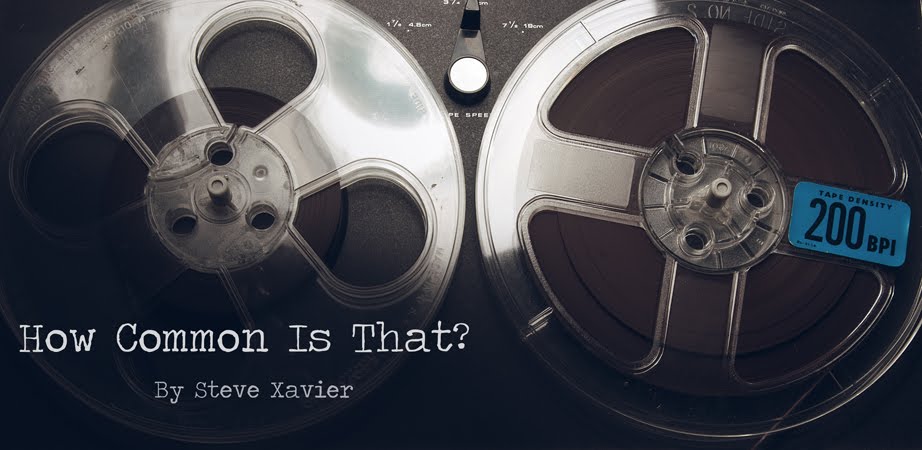Today I worked with a band through pre-production. I have no idea how many readers I get who want to be producers, but if you do want to be a producer, or an engineer, listen up! Pre-production is one of the most important things you will ever do, and I will tell you why.
What do you even do in pre-production? In pre-pro, you have to ask the artist what their vision is for the project. This is based upon a few things.
Sometimes the producer will help an artist through rough spots in their songs. Luckily for me, I didn't have to worry about that. This is potentially a super hard thing to do. Artists, like anyone, are really touchy about their work, so you need to be gentle. Suggest, don't force, your ideas. A good producer says, "Why not?" more than, "Why?". Always keep the project in mind. With that, I glide ninja style through a segue that carries me to...
The project. (sneaky) This is the theme. Answer questions like, "What is this album trying to convey?" and, "What sort of sound/feel are we going for?". As producer you are considered responsible for the sonic quality of the recording (and legally obligated to do so if you sign a contract with a label). Write all this down! Never lose the vision of the album. Sure, this can change, and the songs may change once in the studio, but without this, you are nowhere. Ask the band for reference tracks. (Ooh, that's the first time I've ever italicized something.) Reference tracks are songs that the artist wants to sound like. These will be extremely helpful for you when you are recording/mixing/mastering/eating/sleeping. Actually, while I write this, I'm listening to reference tracks, like a multi-tasking maniac. Anyways, you need to know what the artist wants. That is why you're working with them in the first place. You are the servant of servants. You serve the artist, they serve the fans. Get 3 or 4 reference tracks, at least one from every member of the band. If the bass player says he wants to sound like James Jamerson from Motown, you go and listen to any song Jamerson has played in. There are limitations as to how well you can do that with a microphone and processing, depending on how well the actual instrument sounds like the reference track, but if the band is trying to reach the same goal as you, it should be fine. For instance, I've got a drummer who wants really dead toms. I can't do that. That's completely up to him to figure out how to do that. But if he gets the sound he's looking for and says he wants to sound like John Bonham, then I'll pull out 414s, employ the Glyn Johns technique with some U87s for room mics. (Make sure he's beating the drums like they owe him money.)
The next thing that I would like to address is the long term business plan. What are you planning on doing once the record is complete? This may help you decide how many songs are going to go on the record, and also help define the general feel of the record.
Meh, I'm tired. Sorry readers. I think that's enough for one post. Tune in next time to hear about recording. Also, coming up, how to build your own microphone.
Sincerely
Steve.
Friday, January 1, 2010
Subscribe to:
Post Comments (Atom)


No comments:
Post a Comment